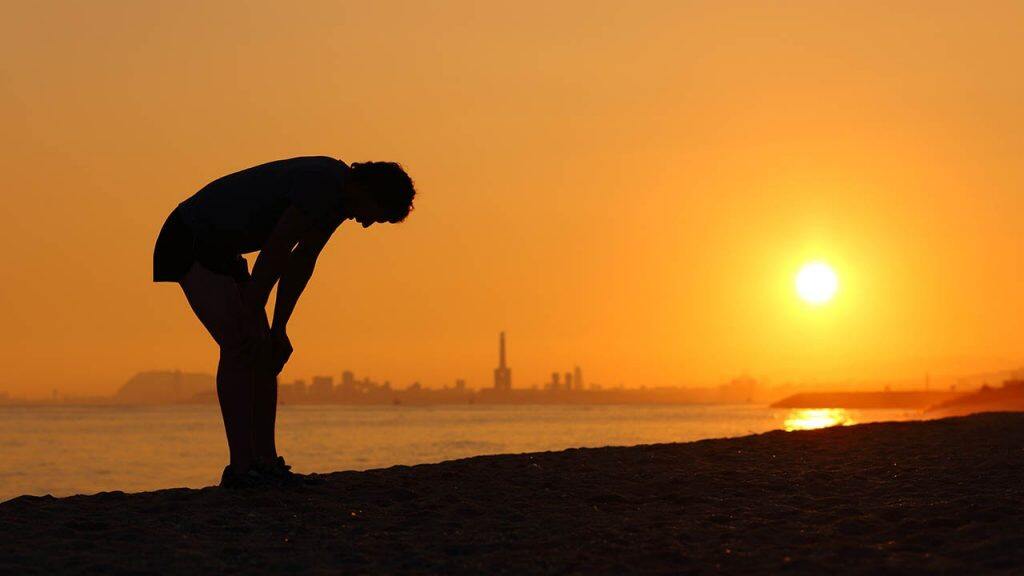As athletes prepare for the most gruelling event of the summer Olympics, the marathon, scientists ponder what climate change will mean for the games.


Will most of the globe eventually be just too hot to safely host the games?
Professor Alistair Woodward, of the University of Auckland’s medical faculty, has been quizzed by reporters on just this topic in recent weeks as they consider Tokyo’s heat and the outlook for coming decades.
That’s because he was a co-author of a 2016 paper, published in The Lancet, which looked at just these types of questions.
Projecting rising temperature and humidity over the next century under a high emissions scenario, the scientists focused on the marathon (if this gruelling event is safe, then the rest of the games should be too, right?) and on the northern hemisphere, where most of the world’s population reside.
Professor Woodward and his colleagues argued that a more than 10 percent chance of cancelling the marathon at the last minute would be unacceptable for Olympics organisers because of the billions of dollars invested, years of planning and massive media attention.
The striking result: by 2085, only 33 cities, mostly in Western Europe, would be low-risk bets, out of a total of 645 cities capable of staging the event.
Looking even further out, and adding in extra caveats about the uncertainty of long-range predictions, the scientists suggested that by early next century, the last cities in the northern hemisphere with low-risk conditions could be Belfast, Dublin, Edinburgh and Glasgow.
“If climate change continues, then the frequency of extreme heat is going to rise,” Professor Woodward told the magazine Popular Science last month. “We know that even elite athletes have their limits.”
Events could be moved indoors, or staged at night when temperatures are cooler, and the games could be shifted from the hottest periods of summer to September instead.
However, while humans may find ways to keep staging the summer Olympics, the event, already altered dramatically by Covid-19 conditions, may become less and less like the games we once knew.
To Professor Woodward, the plight of Olympic athletes only highlights the threat to people around the world who have to work outdoors with little protection or support.
Elite athletes are the visible tip of the iceberg. If we can’t look after Olympic sports people, what chances for the rest of us?







































